-

Organic farming
-

Vegan friendly
-

Hand crafted
-

Ambient yeast
-
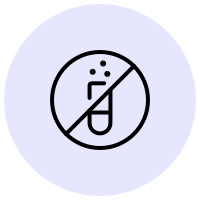
No chemicals
The Wine: Alessandro Viola Blanc de Blancs NV
Alessandro Viola Blanc de Blancs NV is a sparkling natural wine made from 100% Catarratto grapes in the classic method (methode champenoise), with no dosage (pas dose'). Extremely rare wine by master winemaker Alessandro Viola, a Champagne from one of Sicily's indigenous varietals, Catarratto.
The Producer: Alessandro Viola
Alessandro Viola winery is a small estate of 7 hectares planted with Grillo, Nero d'Avola, Syrah, Nerello Mascalese and Catarratto grapes producing natural wines. It's located near the town of Alcamo. Alessandro is one of Sicily wine masters: he oversees directly every aspect of production both in the vineyard and in the cellar. Alessandro holds degrees both in viticulture and enology. The company philosophy is very simple: making wine using only grapes. This is due to ethical reasons as well as to the fact that the purest the wine, the better it tastes.
The Region: Sicily
Sicily is Italy’s biggest island and also its biggest region. It’s separated from the mainland by the Strait of Messina (Stretto di Messina). The capital of Sicily is Palermo, a majestically decadent multicultural city offering one of the richest culinary traditions in Italy.
Sicily’s history and culture are fascinating, to say the least. Their complexity is manifest in the diverse architecture of its cities. All over the region and particularly in Palermo we can find Arab, Greek, Roman, and Spanish influences in the layout of the city as well as in the food and local language.
Sicily is the third biggest producing country in Italy, behind Veneto and Tuscany. The quality of Sicilian wines has increased steadily over the past 30 years. Some international grape varietals - mainly chardonnay and syrah - have found a place in Sicilian viticulture, traditionally dominated by native varietals such as Nero d’Avola, Catarratto, Grillo, and Inzolia.
The Terroir of Sicily
Sicily proximity to Northern Africa and position right at the center of the Mediterranean reflect deeply on its climate. Endless sunshine, moderate rainfalls, and good aeration characterize pretty much the whole region with minor seasonal variations. Palm trees and other tropical plants and fruits are a fairly common sight in Sicily all year round.
Among the several benefits of this climate one stands out: in Sicily, grapes can grow without being imperiled by mildew, rot, or any other disease brought by too much humidity. Sicilian grapes are generally speaking naturally healthy, hence the substantial number of certified organic or biodynamic wineries.
The Red Wines of Sicily
The most widely planted red grape varietal in Sicily is Nero d'Avola, which accounts for about 20% of the total regional wine production. Frappato is another prominent red varietal, used to make the only DOCG wine in Sicily, Cerasuolo di Vittoria DOCG.
Less common but typical of Sicily are Alicante, similar to Grenache, Nocera, and Perrone, often blended with Nero d'Avola. On the slopes of the active volcano Mount Etna, Nerello Mascalese and Nerello Cappuccio are key red grape varietals in the popular Etna DOC appellation.
The White Wines of Sicily
Marsala and Passito di Pantelleria are perhaps the most famous Sicilian white wines, although their popularity has been waning over the years in favor of dry and refreshing white wines made from native varietals Inzolia and Grillo are fairly easy to find in the United States and generally very good.
In a similar way to Umbria, the Central Italian region known for the red tannic wine Sagrantino di Montefalco, Chardonnay has found its place also in Sicily. Chardonnay from Sicily can vary in quality depending on the producer.
On Primal Wine we sell one of the few 100% Chardonnay vinified with extended skin-contact in the style of an Orange Wine made by the excellent Marabino winery from organically farmed grapes.
Frequently asked question
We will process and ship your order in 2-3 business days, you will receive a shipping confirmation email with tracking as soon as the Carrier scans the shipping label.
Ground shipping time depends on location, here's a breakdown:
West Coast: 1-2 business days
Midwest: 3-4 business days
East Coast: 5 business days
Process time is not shipping time. Shipping time starts from the days successive to the day of shipping, after the order has been processed.
See here our shipping policy.
Signature on delivery is mandatory for wine deliveries. Please make sure someone is at the shipping address to sign for the package.
If applicable, please consider delivering the package to a business address to ensure someone is available to sign for the package.
We also have the option of delivering the package to a Carrier's store for pickup. Please reach out to us to coordinate.
Carrier will try to delivery a package up to three times before returning the package to us.
See here our shipping policy.
If you miss a delivery and a package gets returned to us we have two options:
1) Reship the package right away: due to the very high cost of shipping and returns, we must charge a re-shipping fee to be determined based on package size and shipping destination.
2) Consolidate the returned package with your next order: this option is free of charge and it's the most popular option.
See here our shipping policy.
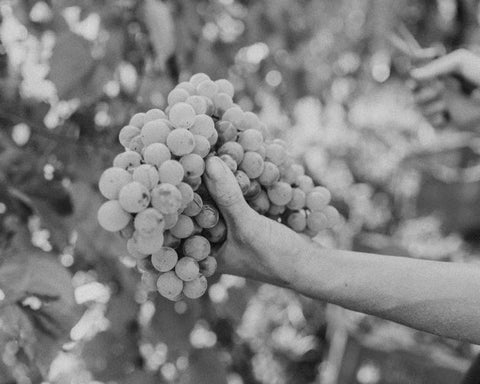
What is natural wine?
Natural wine is a type of wine made in small batches from hand-harvested organic or biodynamic grapes with minimal intervention in the cellar.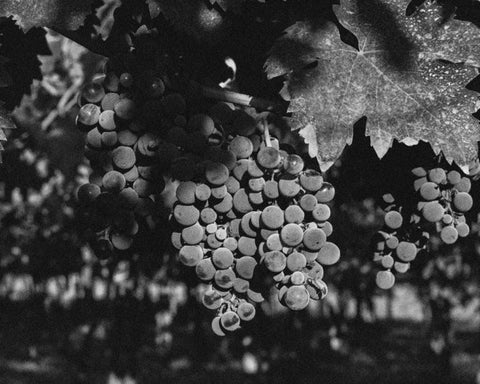
What is Biodynamics?
Biodynamic wine is wine made with grapes farmed biodynamically. Biodynamic farming is a holistic approach to farming.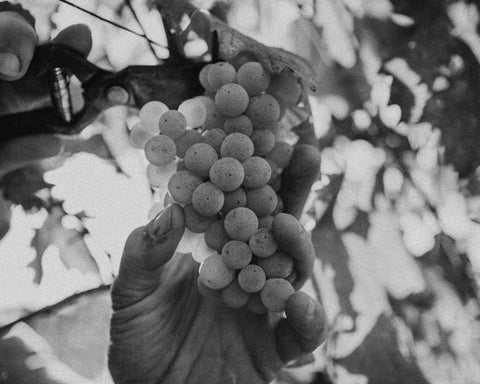
What is organic wine?
Organic wine is made with grapes farmed organically. Organic farming is a type of farming alternative to conventional farming.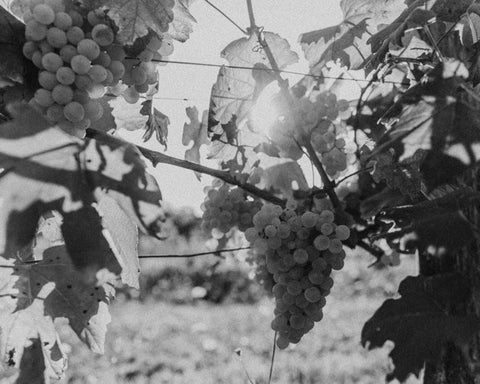

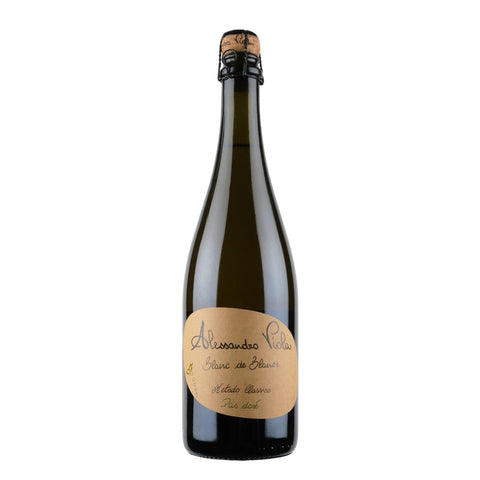
 Wine Details & Food Pairings
Wine Details & Food Pairings